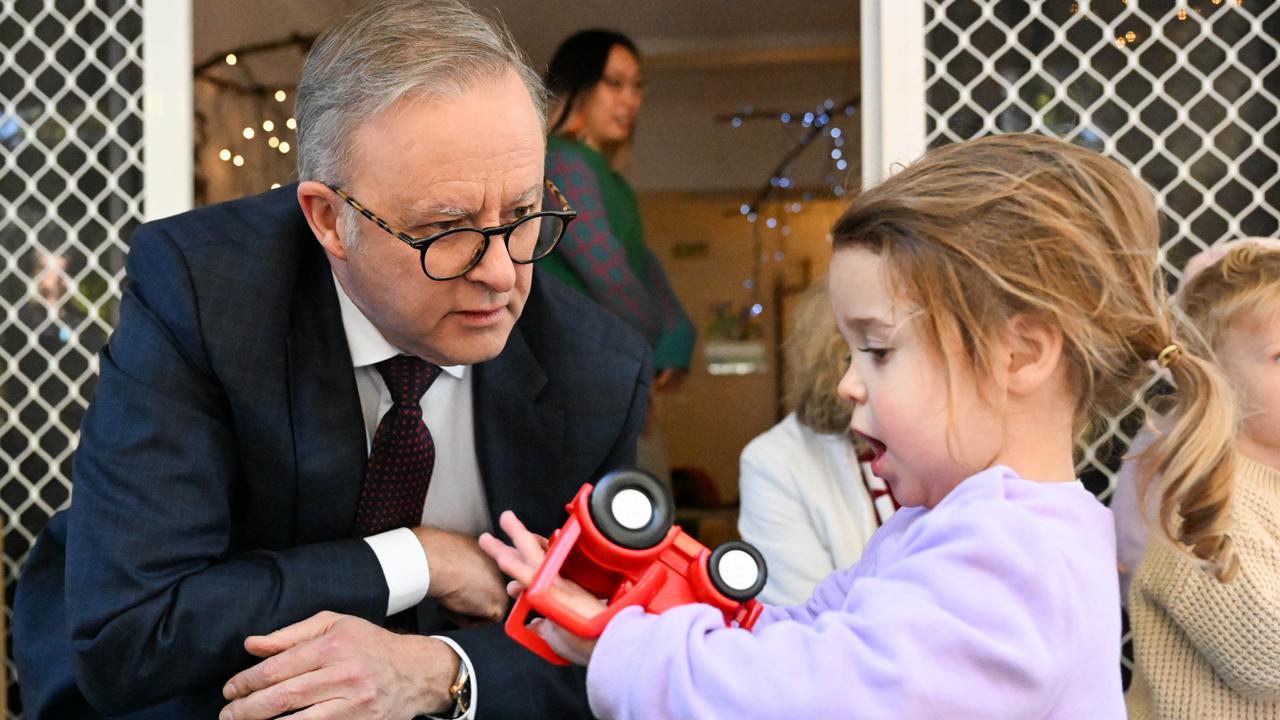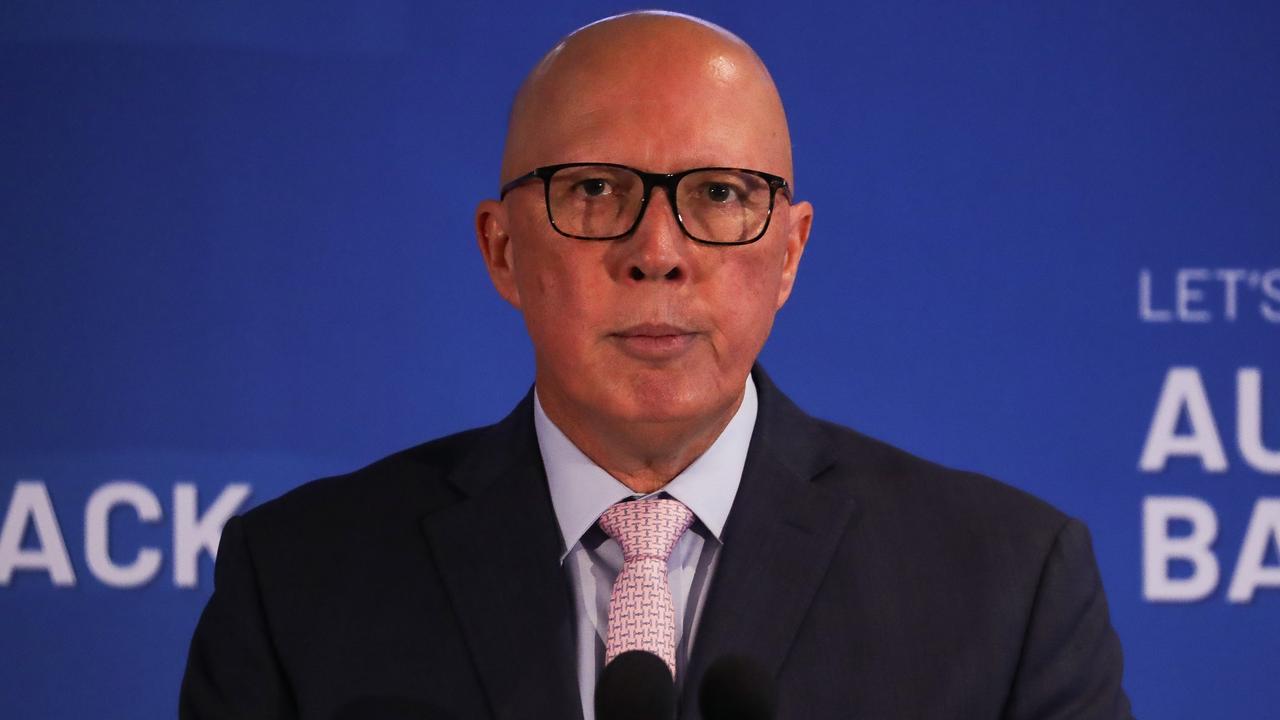Tony Abbott accuses companies supporting The Voice of ‘shareholder abuse’
Former prime minister Tony Abbott has accused “woke companies” of “shareholder abuse” by publicly supporting the referendum.
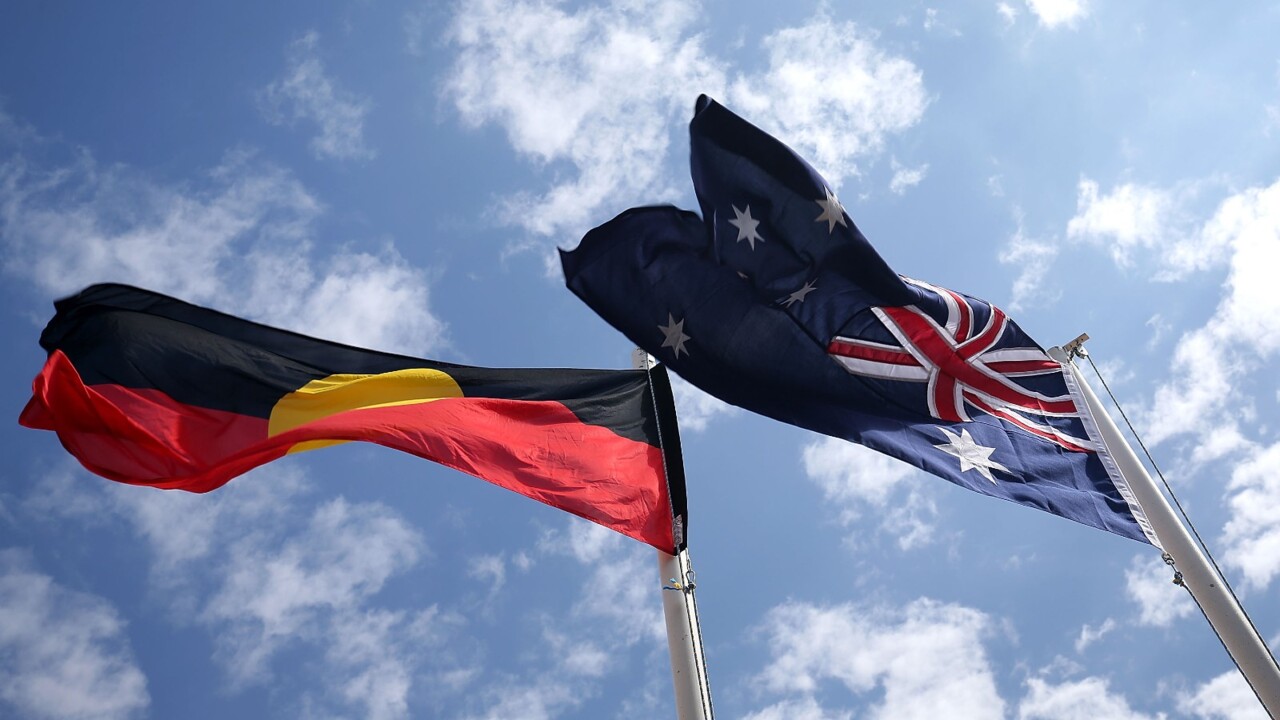
Former Prime Minister Tony Abbott has accused major companies who are supporting an Indigenous Voice to parliament of “shareholder abuse”.
Speaking to 2GB’s weekend host Michael McLaren, the anti-Voice spokesman went as far to accuse public companies of attempting to “curry favour” with the government.
While he didn’t name anyone specifically, he unleashed a tirade against “woke foundations and woke billionaires pouring in their virtue signalling money”.
“I think that if money can buy a referendum, this referendum will be bought for the Yes case,” he said on Sunday.
“A lot of businesses, they work a lot with government, (and) a lot of these big sporting groups need government grants, and I think they’re both virtue signalling and currying favour.
“I don’t have any shares in public companies but frankly, if I did … I would sell them because it’s shareholder abuse.”
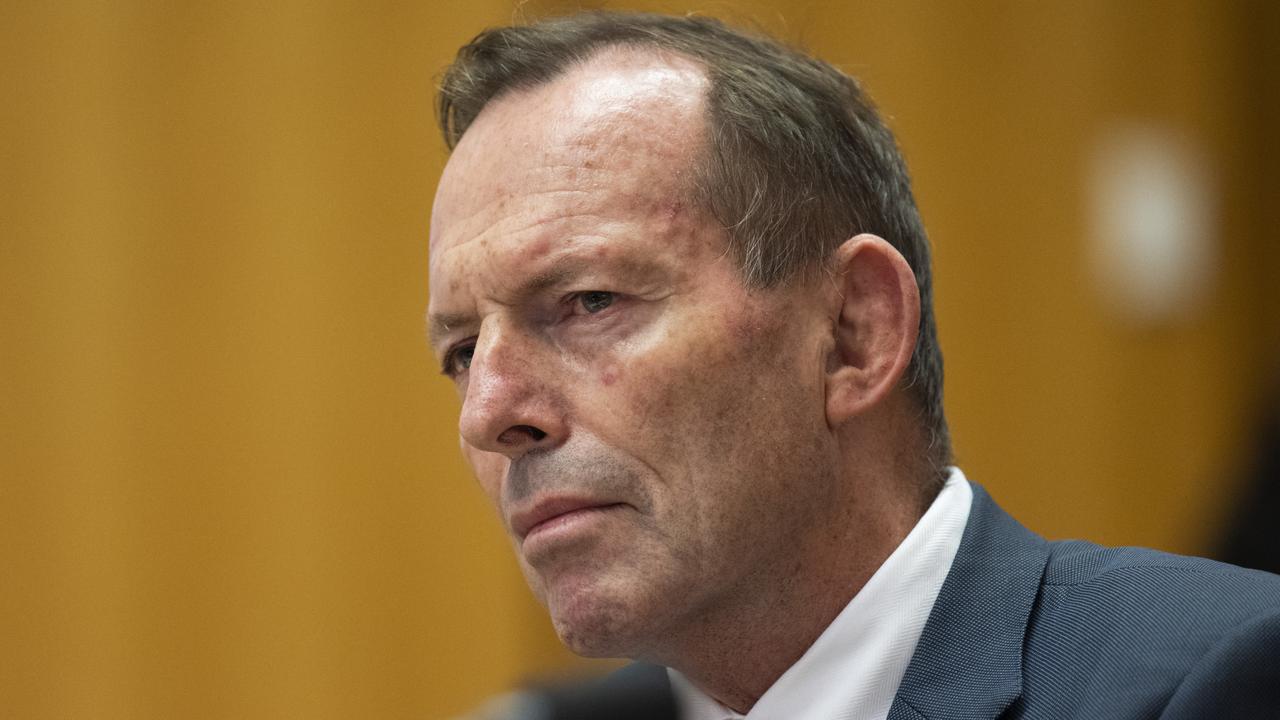
The former politician added there was “absolutely no doubt that the new left establishment is massively behind this Voice for all sorts of reasons.”
His rant comes as some of Australia’s largest companies, including CBA, Qantas, Rio Tinto, and BHP, have publicly backed the Yes vote, which aims to enshrine and Indigenous Voice in the Australian constitution.
In June, it was revealed Wesfarmers, BHP and Rio Tinto donated $2m each to the Yes23 campaign.
In March, Nine Newspapers reported Australian billionaire and Visy executive Anthony Pratt donated $1m to the Yes campaign.
31 of Australia’s leading philanthropic foundations have also pledged $17m to the yes campaign in April, including the Australian Communities Foundation, the Besen Family Foundation, and Mecca founder Jo Horgan’s MECCA M-Power.
In the No camp, Australian Electoral Commission third party return documents revealed Advance Australia, of which Mr Abbott is an adviser for, received $507,500 in donations in the 2021-22 tax year.
This includes $75,000 over three donations from Louis Denton, who is the chief operating officer of Devcos International, which works with health and beauty brands on packaging, and logistics.
The group also received $50,000 from the Silver River Investment Holdings, owned by former fund manager Simon Fenwick and Elizabeth Fenwick. The holding company also donated $650,000 to Advance Australia in the 2020-21 financial year.
Fair Australia, led by Liberal Senator Jacinta Nampijinpa Price and Indigenous businessman Warren Mundine, is another prominent anti-Voice campaign, with supporters able to make tax deductible donations through their website.
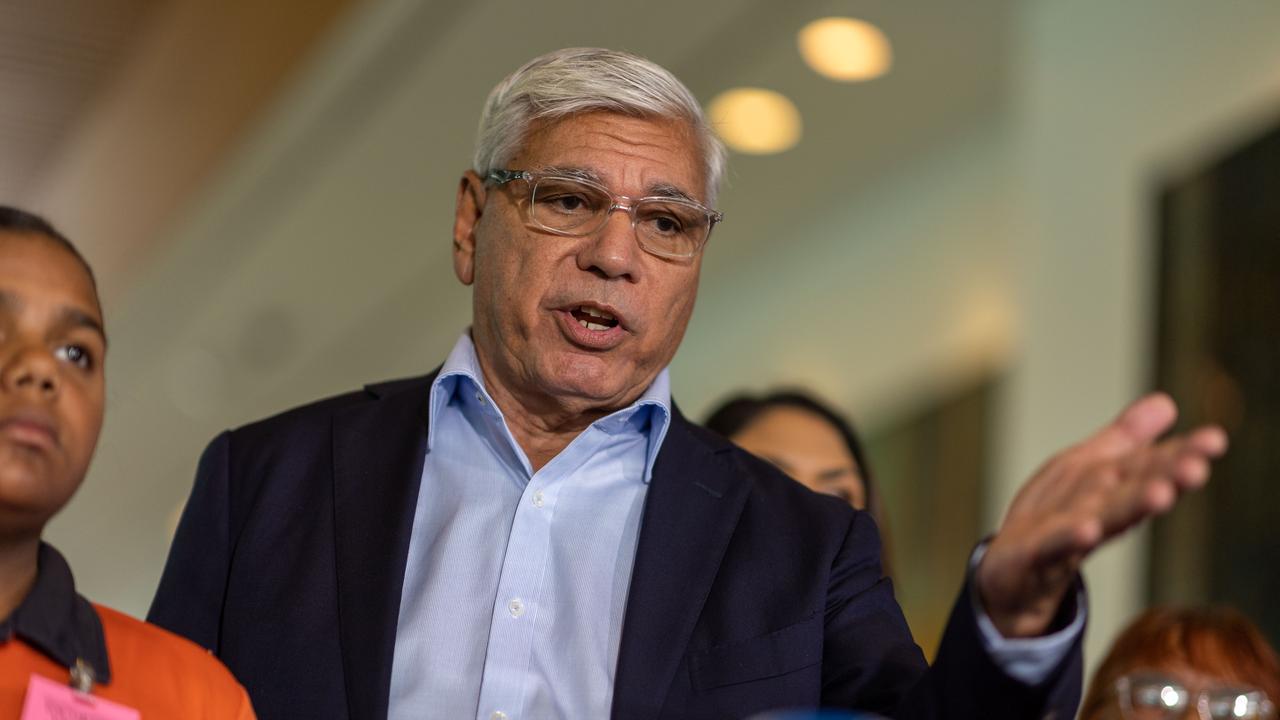
Previously Mr Mundine has said donors are less likely to publicly disclose their support.
“One of the main reasons we don’t talk about our donors is because of threats. Investors in my business have been threatened over my position,” he told The Australian in May.
“We will comply with all the laws on disclosure but it will come out after the referendum.”
Mr Abbott has been vocal in his opposition against an Indigenous Voice to parliament, which he claimed would “entrench racism” and “contradicts” equality in the constitution.
“This isn’t about recognition. The Voice is a special entity which will give less than 4 per cent of the population a special say over how 100 per cent of us are governed. That’s why it’s a problem,” he said.
As the national carrier we have a long history of championing reconciliation, and today we are proud to stand with Reconciliation Australia in support of a Voice to Parliament.
— Qantas (@Qantas) July 2, 2023
Read more here: https://t.co/EaKQxJPQ6O
ð˜ˆð˜¶ð˜µð˜©ð˜°ð˜³ð˜ªð˜´ð˜¦ð˜¥ ð˜£ð˜º ð˜ˆ. ð˜ð˜ªð˜¯ð˜¤ð˜©, ð˜˜ð˜¢ð˜¯ð˜µð˜¢ð˜´â€¦ pic.twitter.com/NK8dDn01xQ
Opposition Leader Peter Dutton has also lashed companies of “lacking a significant backbone,” and said it wasn’t a debate “corporate Australia should be involved in”.
“At the moment I don’t think they’re paying due consideration to the views of their workforce, to the views of the community,” he said on Sky News.
“There are a lot of CEOs and chairs who have very different conversations with you in private than what they say publicly because they‘re worried about ESG (environmental, social and governance) and remuneration packages being voted down at AGMs.
“It’s time they started to stand up for what’s in our country’s best interests.”
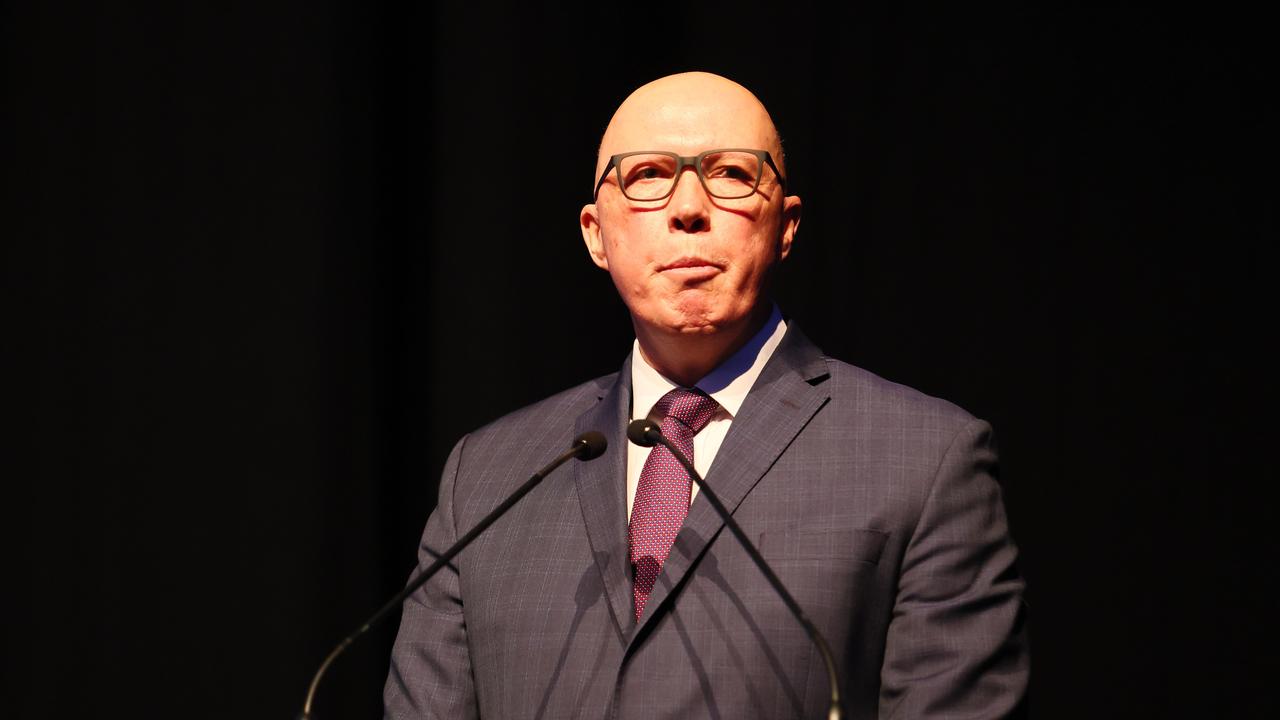
Although the date of the vote has yet to be revealed, The Voice referendum will decide whether the constitution will be amended to recognise Indigenous Australians by establishing an Aboriginal and Torres Strait Islander Voice to parliament.
A Newspoll survey published in The Australian on Monday showed a further decline in the Yes vote, which fell from 43 per cent to 41 per cent. People in the No camp also grew slightly from 47 per cent in June, to 48 per cent in the most recent poll.
For the first time, the data revealed women were more likely to vote against The Voice than men, with support for the No vote increasing to 62 per cent in regional communities.
In order to achieve constitutional change, a majority of states must vote yes in the referendum, which will happen later this year.

